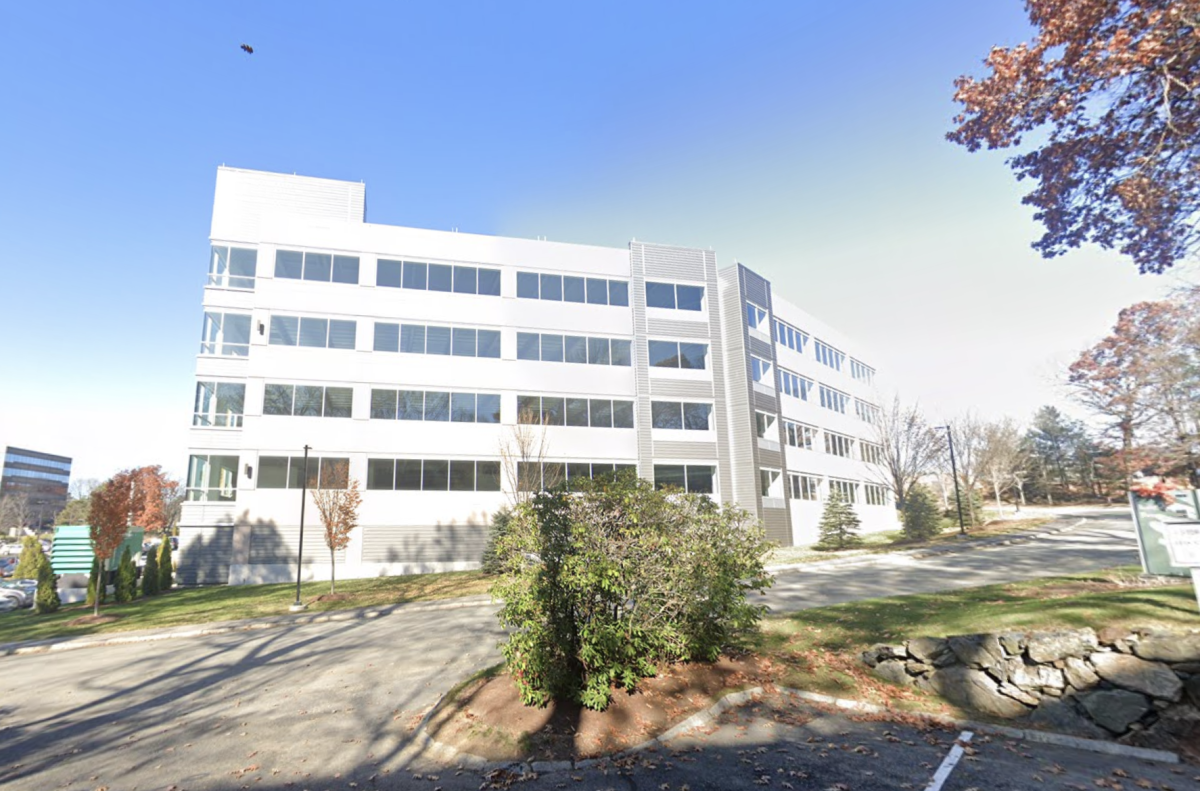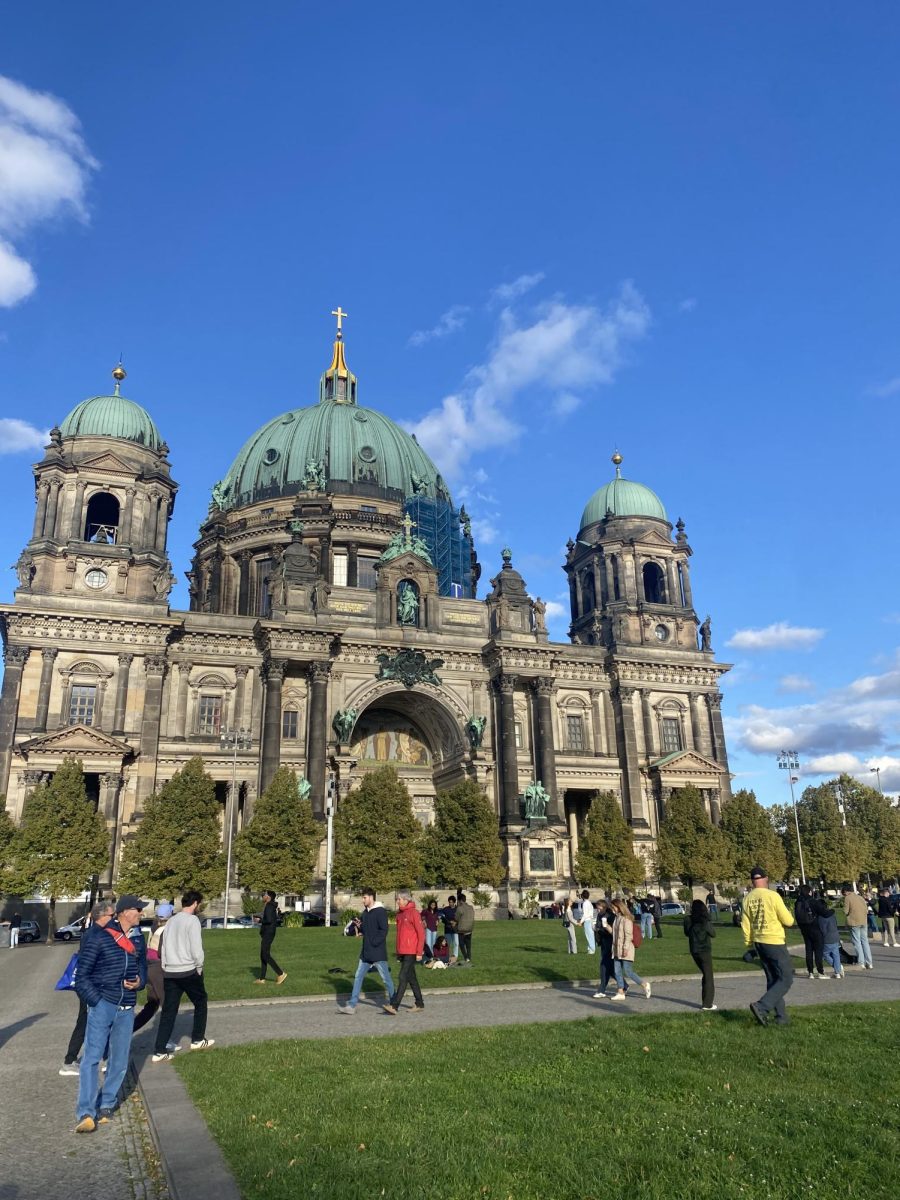By Jeewan Ambat, political columnist
Alongside the main Russian opposition leader, Aleksei Navalny, demonstrators gathered in approximately 99 cities in Russia to protest the corruption of President Vladimir Putin’s government this weekend. They specifically cited Prime Minister Dmitri Medvedev and the massive fortune he has amassed during his time in government. Russian police were out in force, arresting hundreds of demonstrators across the country. In Moscow alone, approximately 1,000 have been detained, according to OVD-info estimates.
It was the largest demonstration in Russia against Putin in five years. Ever since the post-2011 election demonstrations (held in protest of the election results on the grounds of fraudulence) and subsequent waves of arrests, the opposition to Putin’s government has struggled to form a strong, unified and loud voice against the pro-government blanket that especially seizes Russia news media. However, it is now clear that Navalny is to stand as the man determined to take on Putin and the corruption that bleeds profusely out of the government.
But what makes Navalny’s movement different from the numerous others of the past, especially that of the post-2011 election? With the formation of the Progress Party (formerly known as the People’s Alliance party), Navalny has decided to push an anti-corruption message instead of targeting Putin directly. He focuses on specific individuals and acts of corruption within the Russian government. In recent years, Navalny has focused on the corruption of Medvedev and his empire of yachts, mansions and luxuries that were obtained through dubious means. In focusing on corruption and specific instances of said corruption, Navalny is attempting to address an evil most Russians can agree needs to be fought against. By doing so, he hopes to resonate with even the most hardened of Putin supporters.
The Russian state media has not been kind to Navalny, painting him, along with other opposition leaders, as a lying traitor who is in the pockets of the West to dismantle Russia. Much of Navalny’s anti-corruption work in recent years has either been glossed over or fully ignored by the media, especially on television. But this seems to have not deterred Navalny, who has taken to the Internet and social media to broadcast his message. This appears to be successful, demonstrated by his most recent YouTube video (detailing Medvedev’s network of illicit properties and goods), which has garnered approximately 12,000,000 views.
The importance of this weekend’s anti-government demonstrations in Russia and the timing of them cannot be understated. Navalny has announced his intention to run in the 2018 presidential elections, in which Putin is expected to run for re-election. While the challenge for Navalny will be immensely steep (Putin currently holds approval ratings higher than 80 percent), the turnout at these weekend demonstrations have shown a vocal opposition to Putin and his government. This and next year will prove to be crucial as we will see if Navalny can channel this opposition into victory against Putin—or at the very least, leave a large hole in the government wall.








